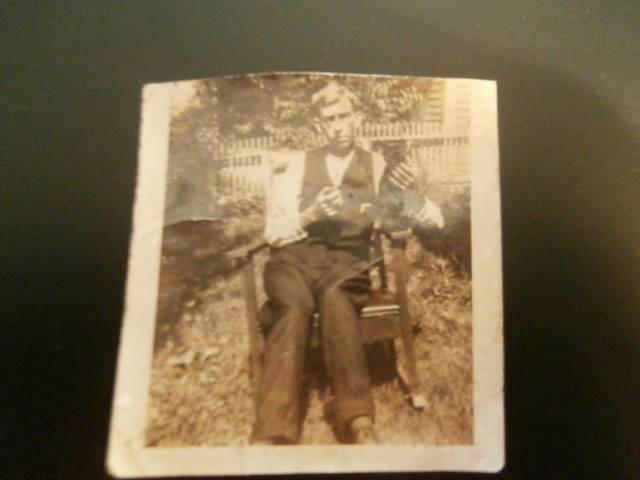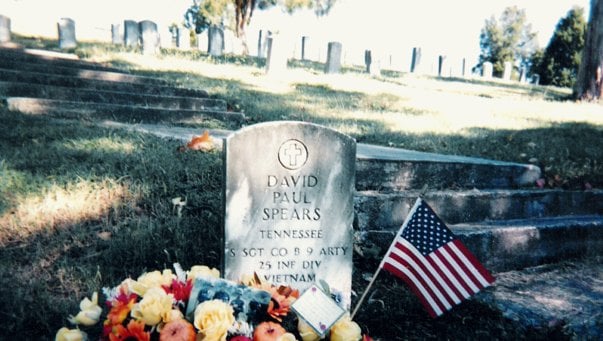Irony is the long-shadow of death.
It is early morning yet. I have just administered my mother’s drugs. Something to slow the system. Something to move the system. A child of Appalachia, Mama spent sixty years sucking on the unlit end of a tobacco stick. Now she draws her breath from a gadget that resembles a plastic gun. A magic potion is poured in the spot where bullets would be dropped and a vaporized smoke appears out the barrel.
When I was in high school my girlfriends and I used to call Mama Dragon Lady because we said she spit fire. I think of that when I see Mama sucking on the back-end of that gadget. She really does look like a Dragon Lady when she takes her breathing treatments. Only now, my high school girlfriends are far away and all our laughter is but a distant echo across a deep canyon. I am left alone with a mother weakened by cancer and the memories of the steely-spirited woman who raised me.
Her mule-headed determination, the characteristic that enabled her to get through so many of life’s trials, remains. It is that which enables her to push herself out of a chair, to walk from her bed to her bathroom, holding on to tables, doors, and corners. Some people seek soft landings. Others, Mama is one, grasp at the sharp edges to help them stand.
That pithy slogan of the seventies — Let Go & Let God — never made any sense to my mother. Free-falling is for the foolhardy. Trust requires a grasping to, not a flinging from.
There was that sleepless summer I wrote about in After the Flag. I was 12 maybe 13 when I became terrified of darkness. Sleeping was like death. Something to be avoided.
On the nights Mama worked, I would take my cotton blanket and camp out on the hard linoleum floor of that trailer house. My bedroom door, fragile as a June Bug shell, offered no protection from intruders. It was all the time falling off its tiny-white-rollers. So I would poke my head out past the doorway onto the orange-carpeted hallway, that way I could keep watch on both the front door and the back door at the same time. When that intruder finally arrived, I’d be ready. I’d grab my little sister and make a run for the other door. There was never an if he showed up, I expected him every night. On the nights Mama didn’t work, or didn’t head for the juke-joint, I would beg her to let me sleep next to her.
She told me no. Always. She thought I was too old to be so clingy. She realizes now, of course, that one is never too old to be assaulted by fear. There was so much neither of us understood about each other then, or even our ownselves. I would wait for her to fall asleep then I would sneak through the darkness into her bedroom and curl up on the floor beside her bed and sleep, without pillow, without blanket, the sound of her breathing all the comfort I needed. It wasn’t until I wrote After the Flag that I came to understand that it wasn’t some unknown intruder I feared but rather a familiar one. If my father could die, then so, too, could my mother. And where would that leave me?
Forty-some years later, I am once again resting on a hard floor beside my mother’s bed. This time I have a sleeping bag and pillow for comfort. My mother’s breathing is aided by the swishing-heartbeat of an oxygen tank. Her cough is soft and fluid. The woman who has spent a lifetime seeking solitude does not want to be left alone, not even for a minute, but especially not when darkness falls.
I am not afraid.
But Mama is.
She knows a familiar intruder is coming for her.
When she calls to me, as she often does, I answer, “I’m here, Mama. I’m right here.”
And when I am not here, my sister, sister-in-law, or someone else always is.
Have their been times in your life when you were afraid of being alone?












